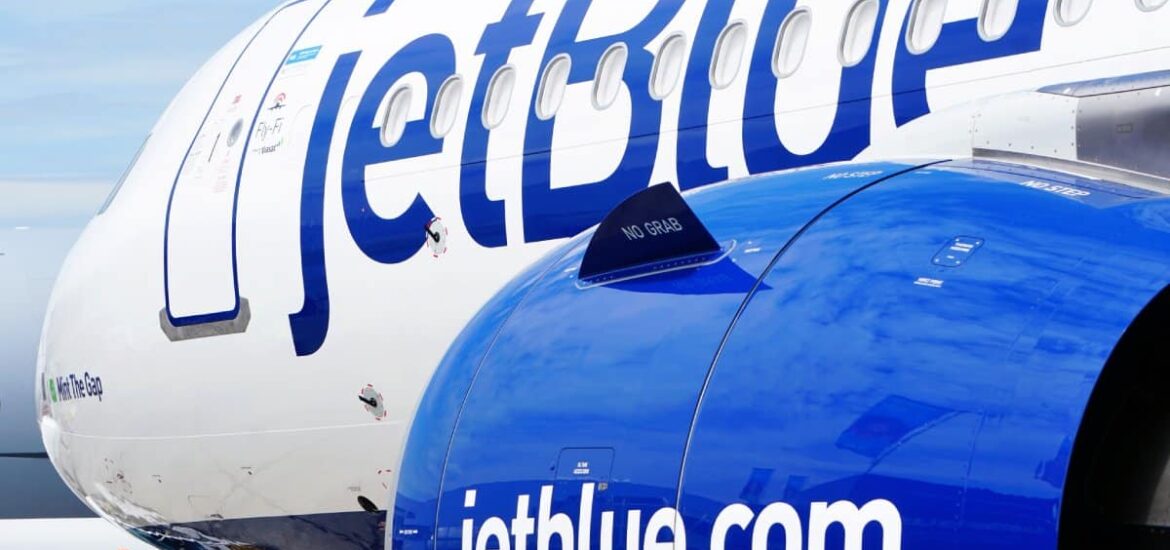In a recent development that has significant implications for the airline industry and travelers, a US judge has halted the proposed merger between JetBlue Airways and Spirit Airlines, citing antitrust concerns. This decision not only affects the two airlines involved but is a win for low-cost air travel in the United States.
Legal Hurdle for Airline Merger
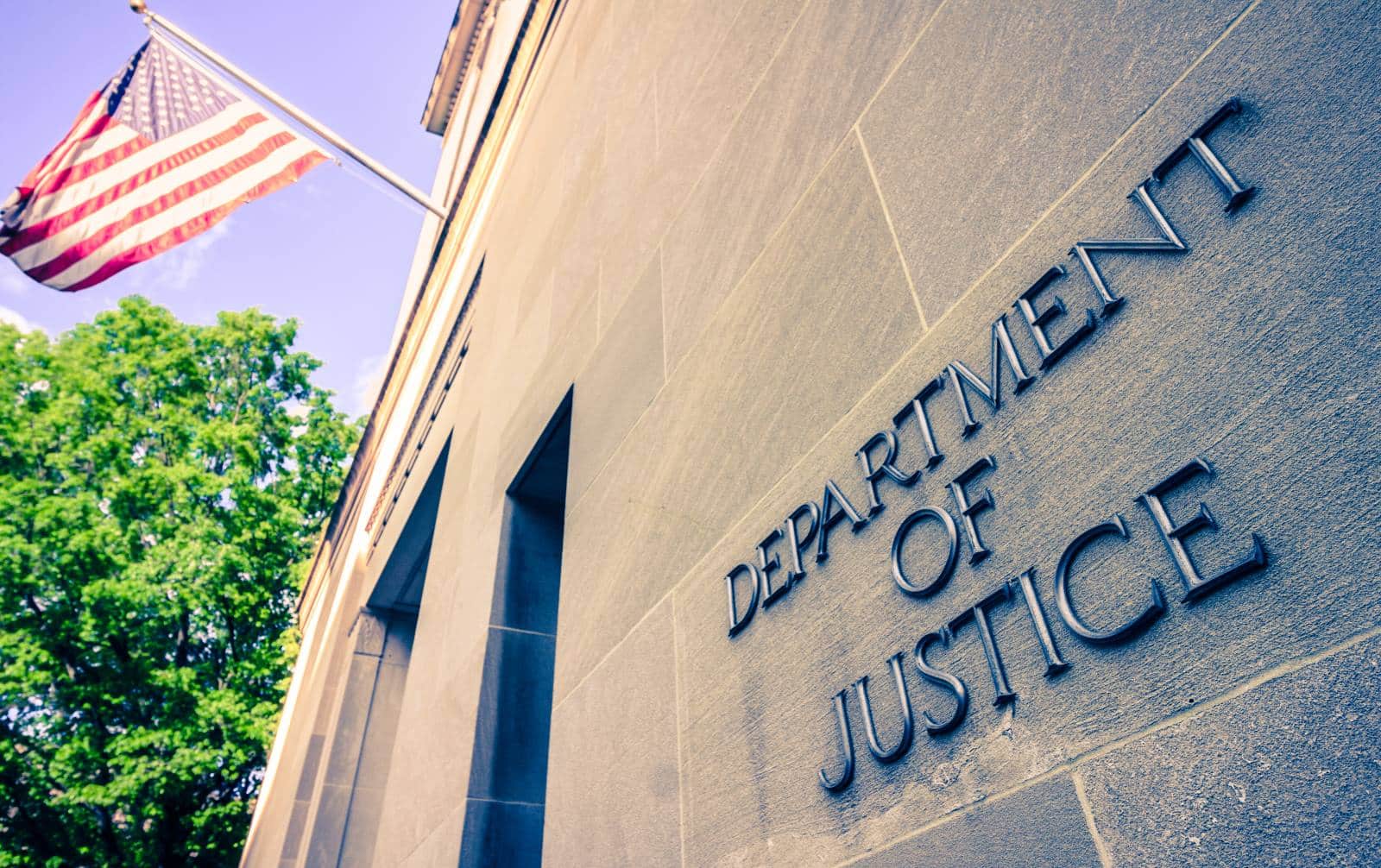
A federal judge in Boston, William Young, has made a decisive move by blocking the $3.8 billion acquisition of Spirit Airlines by JetBlue Airways. This decision came after the U.S. Department of Justice raised concerns that the merger would lead to higher airfares and fewer choices for consumers, especially those relying on low-cost flights.
Impact on Airline Industry
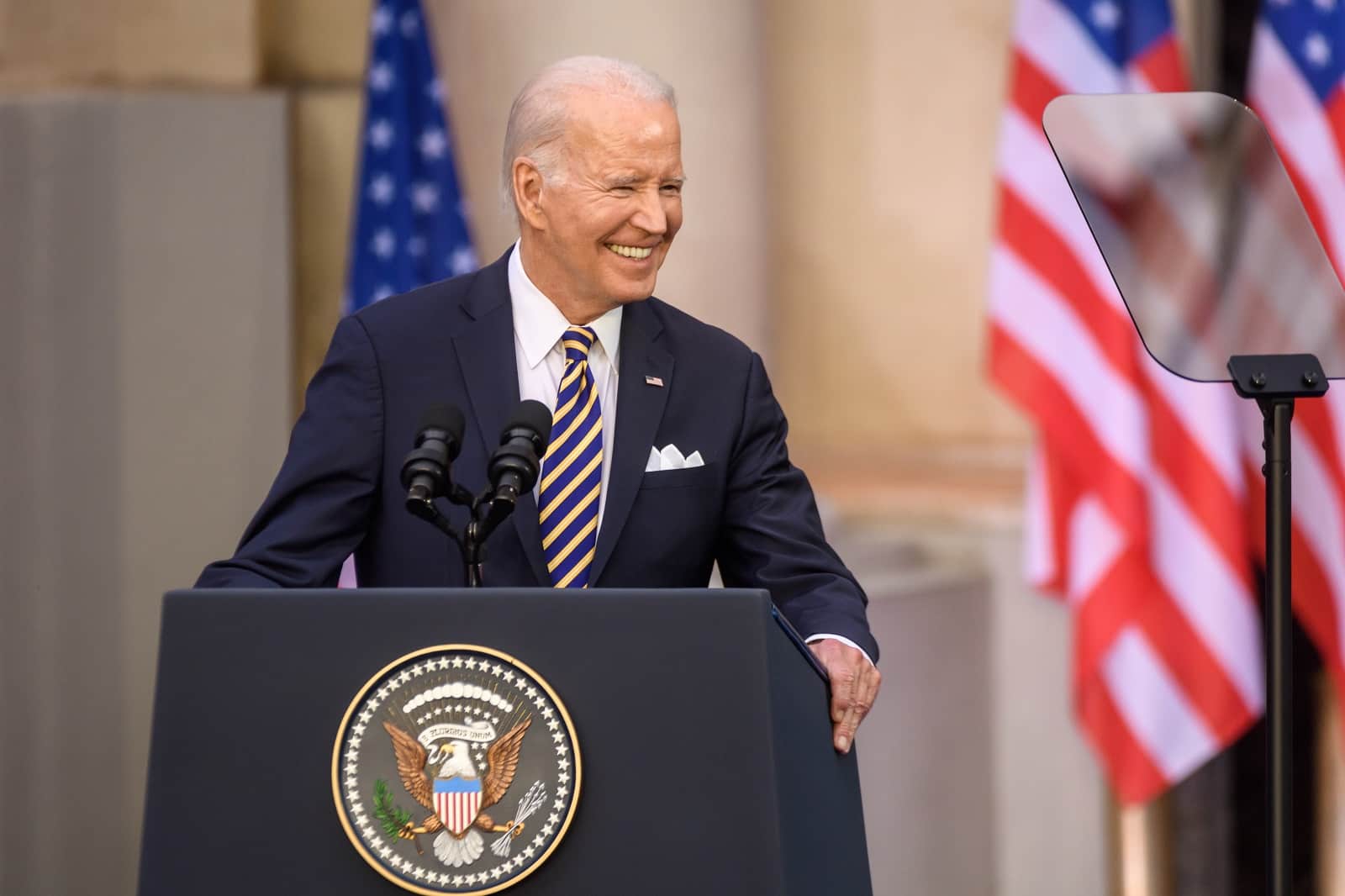
The judge’s ruling represents a significant victory for the Biden administration, which has been actively working to prevent further consolidation in the U.S. airline industry. The decision could set a precedent, affecting other potential mergers in the sector, such as the proposed acquisition of Hawaiian Airlines by Alaska Air.
Spirit Airlines’ Uncertain Future
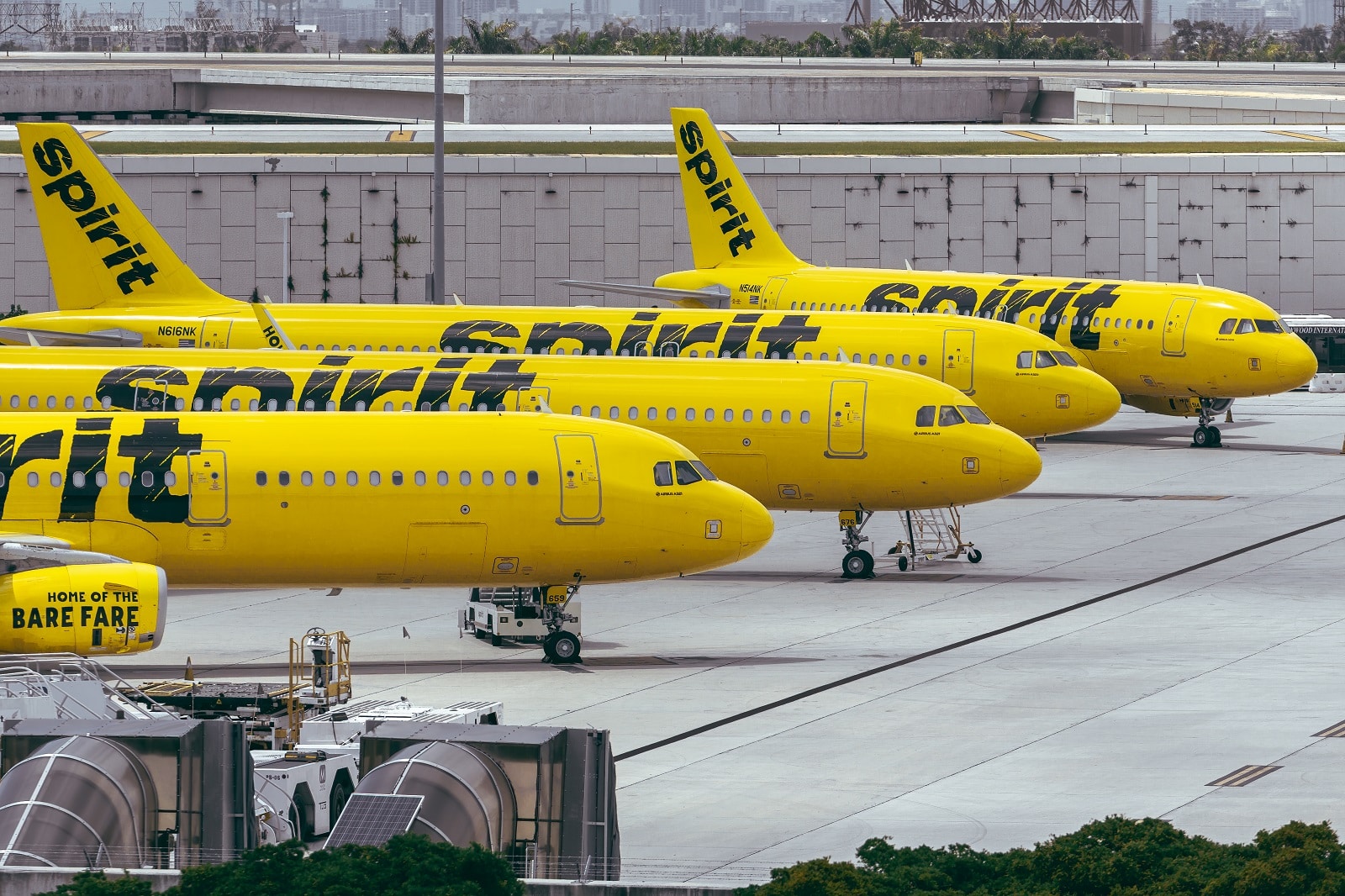
Spirit Airlines, known for its ultra-low-cost model, faces an uncertain future following the ruling. The carrier has struggled with profitability issues amidst rising operational costs and supply chain challenges. The blocked merger raises questions about its sustainability and potential next steps.
Market Reaction

The financial markets reacted swiftly to the news, with Spirit Airlines’ shares plummeting by 52%. In contrast, JetBlue shares experienced a modest rise of 2.5%. This divergence highlights the differing impacts of the court’s decision on the two companies involved.
Potential for Appeal

JetBlue, adversely affected by the ruling, stated that it is reviewing the court’s decision. There remains a possibility that the companies might appeal the ruling, although the specifics of any potential appeal are yet to be clarified.
Judge’s Rationale

In his ruling, Judge Young emphasized somewhat dramatically that the proposed merger “does violence to the core principle of antitrust law: to protect the United States’ markets – and its market participants – from anticompetitive harm.”
Focus on Consumer Harm

More specifically, the court’s decision hinged on the belief that the merger would harm consumers by reducing the availability of low-cost airfares. This would particularly affect those routes where Spirit has been a significant player in providing budget-friendly options.
States’ Support for DOJ Stance
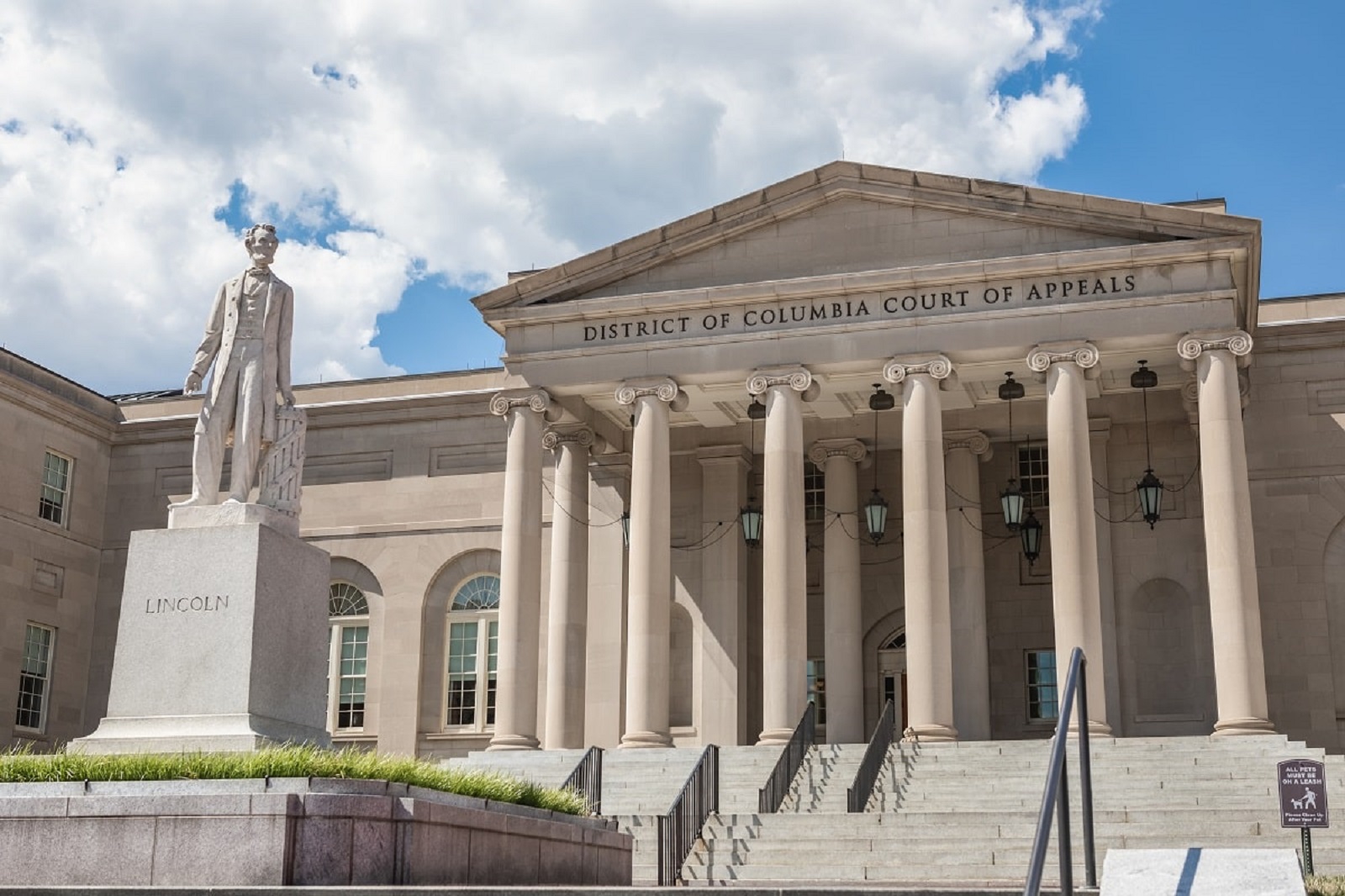
The Justice Department’s stance against the merger was bolstered by the support of Democratic state attorneys general from six states and the District of Columbia. They argued that the merger would adversely affect millions of American travelers by leading to fewer flights and higher prices.
A Challenge to Competitive Disruption
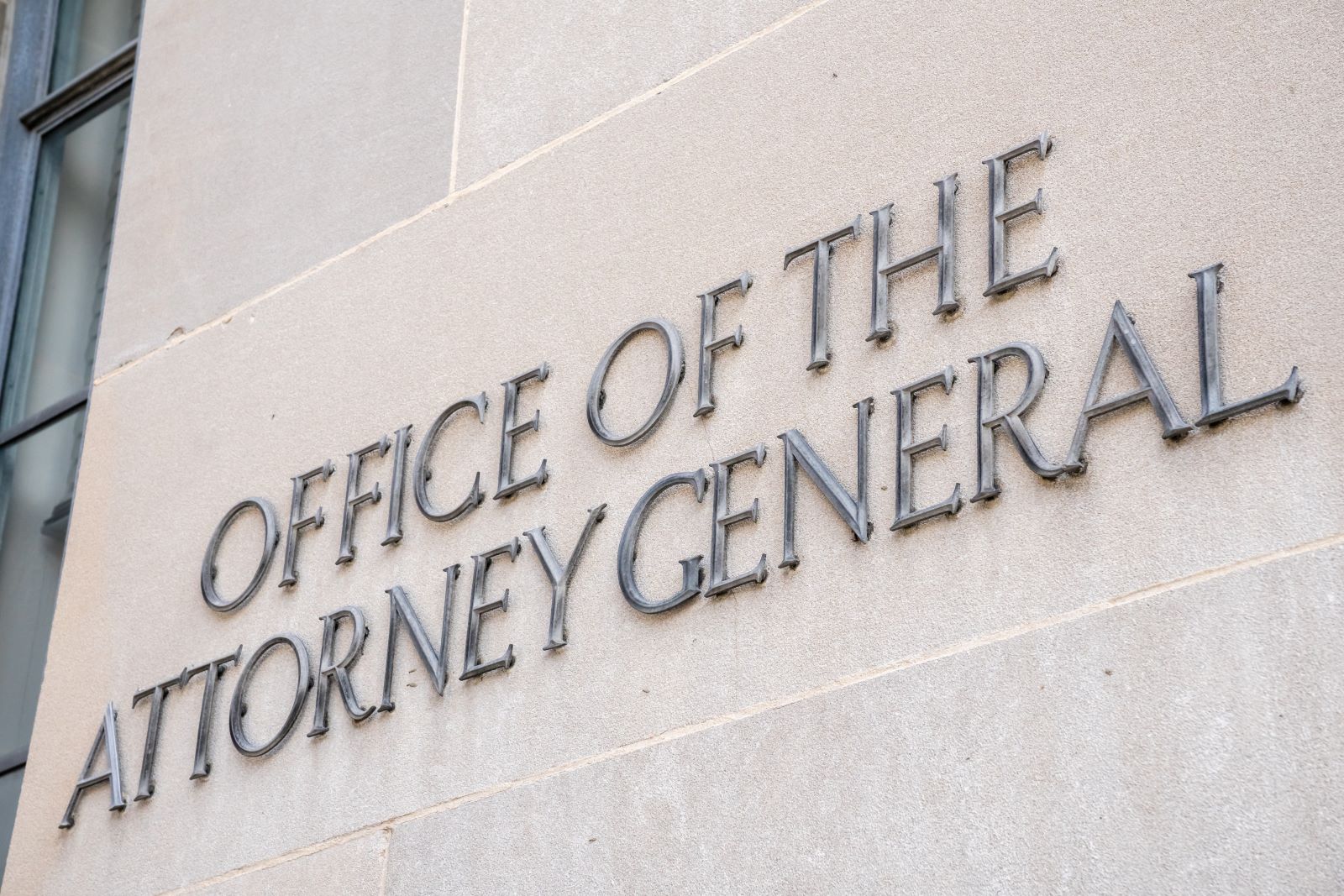
The attorneys general contended that the merger would eliminate a key source of competitive disruption in the airline industry. They estimated that the merger could cause nearly $1 billion of annual net harm to consumers by eliminating Spirit’s role as a low-cost disruptor.
JetBlue’s Defense
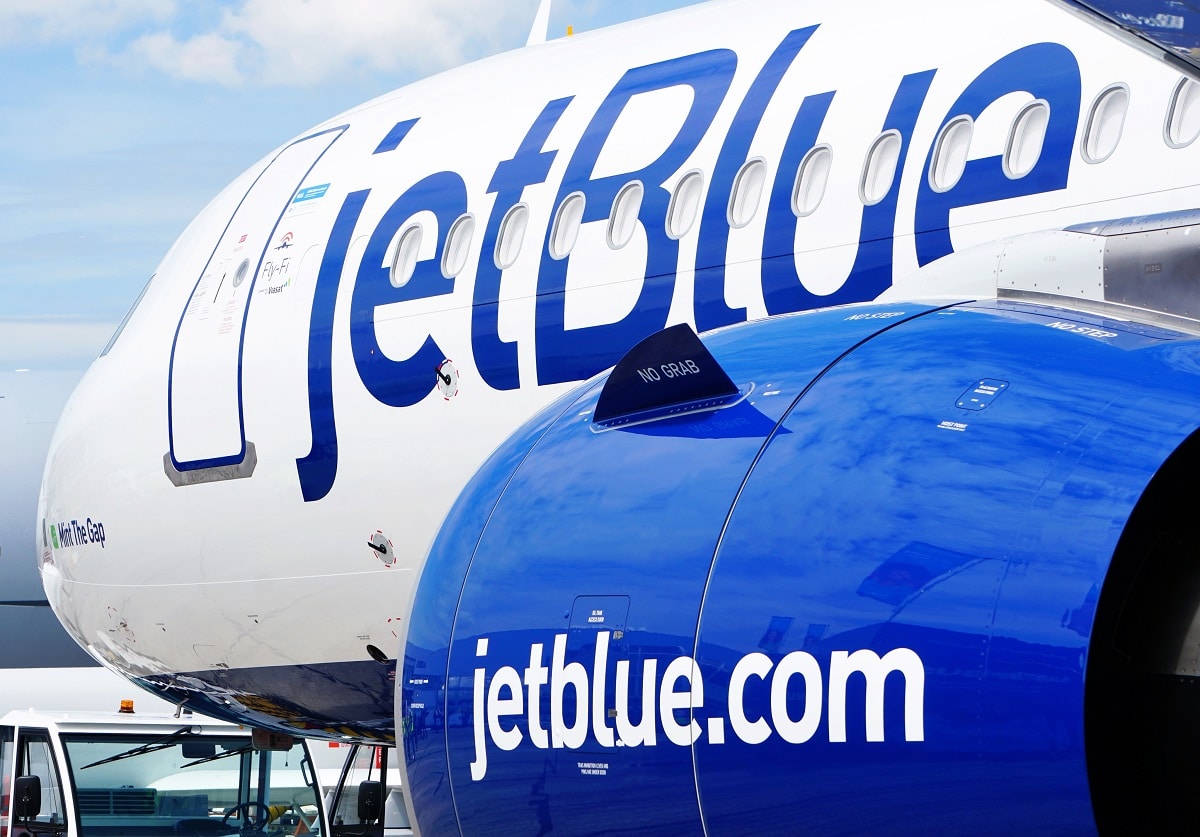
JetBlue’s legal team argued that the lawsuit was a misguided challenge against a merger between the nation’s sixth- and seventh-largest airlines. They highlighted that, combined, the two airlines control less than 8% of the domestic market, which is dominated by larger carriers.
Dominance of Major Airlines
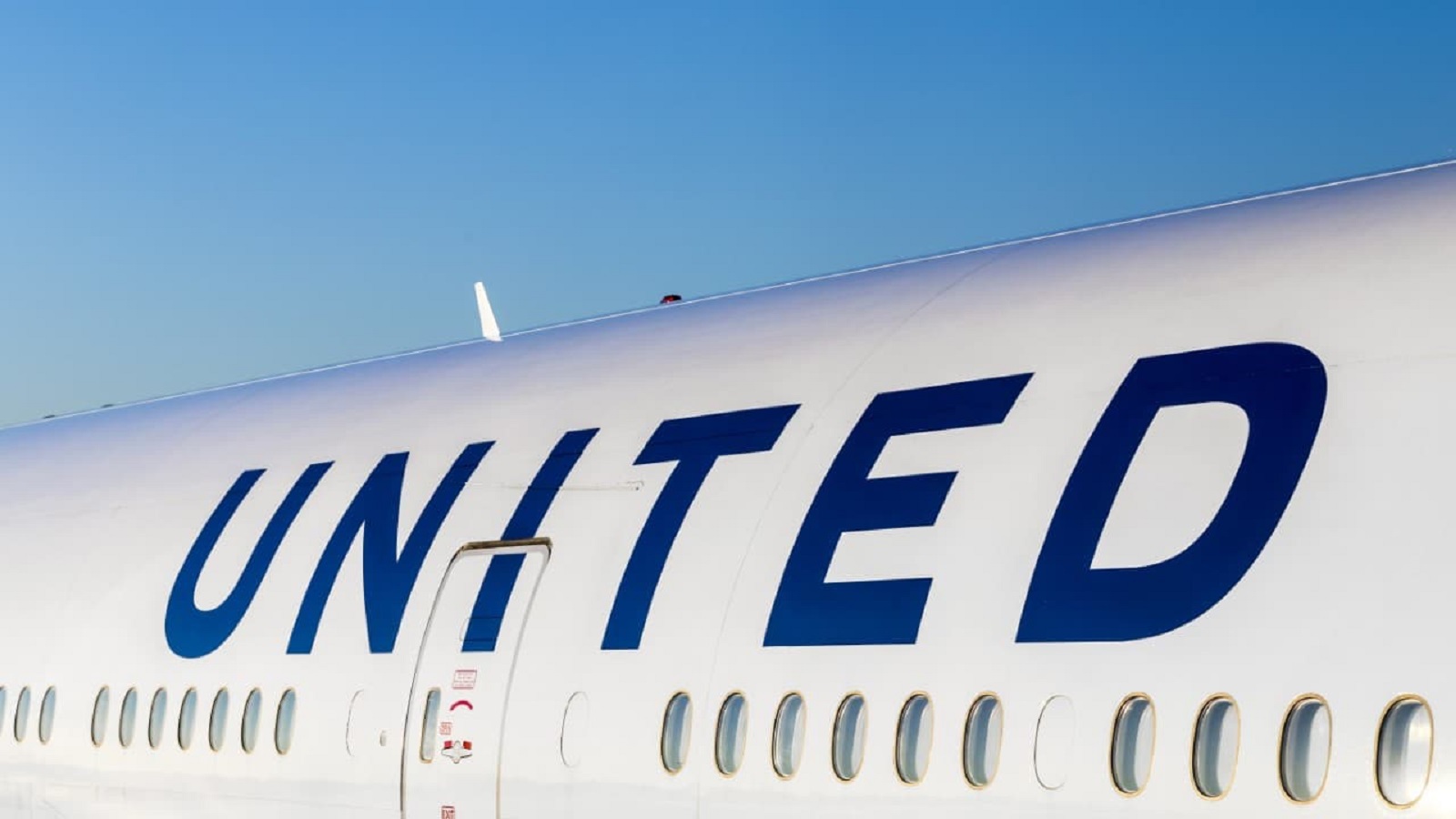
The current airline market in the U.S. is heavily dominated by four major carriers: United Airlines, American Airlines, Delta Air Lines, and Southwest Airlines. These airlines collectively control 80% of the market, a situation shaped by previous mergers that received government approval.
A Victory for Consumers and Workers

William McGee, a senior fellow at the American Economic Liberties Project, hailed the decision as a massive win for travelers, employees, and local communities. He emphasized the importance of maintaining competition in the airline industry for the benefit of consumers.
Spirit’s Innovative Model
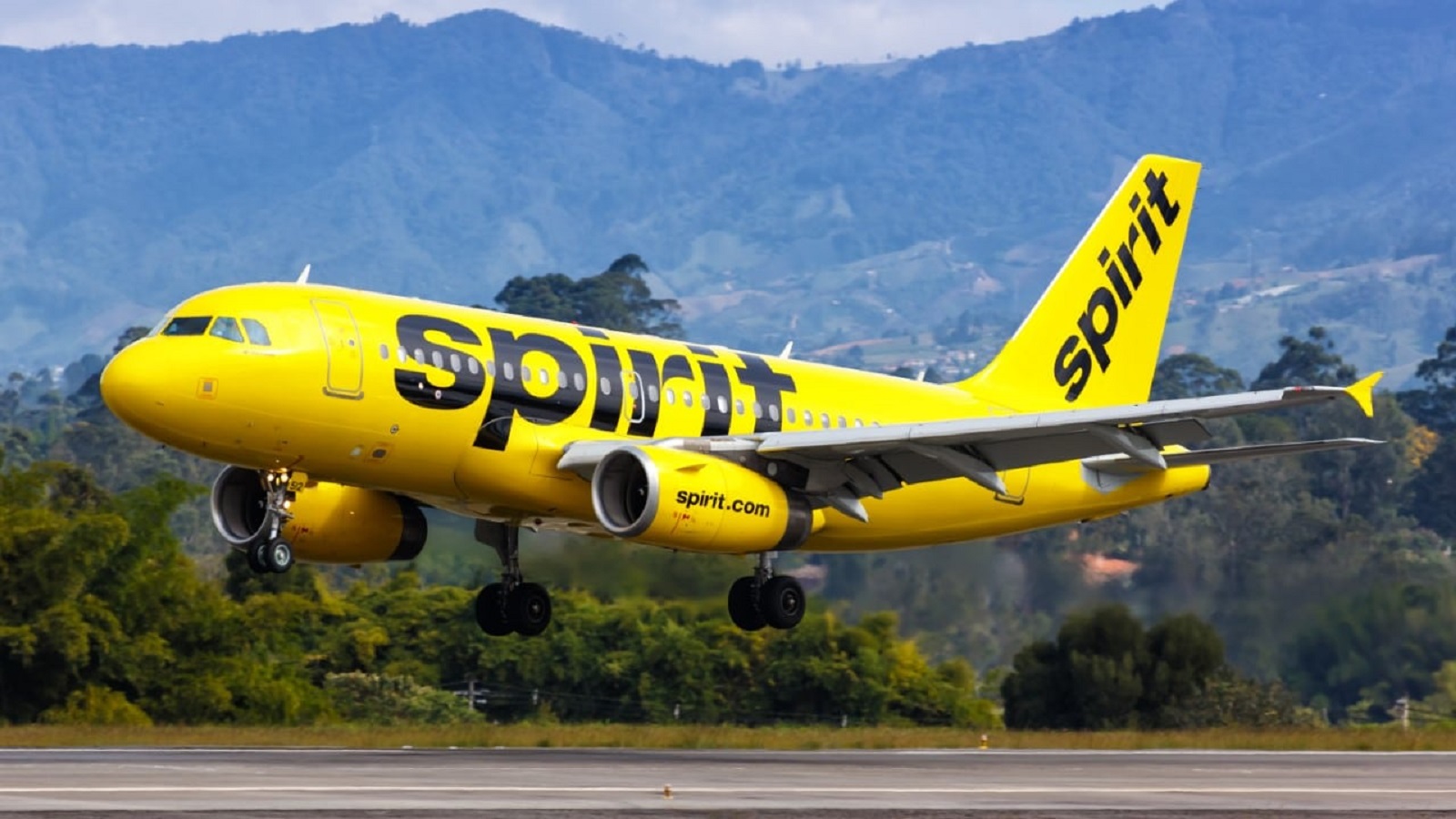
Spirit Airlines has been a pioneer in the U.S. domestic airline industry, being the first to offer a model where passengers only pay for the specific features they use, such as checked bags and onboard services. This approach has forced other airlines to lower their prices to compete.
JetBlue’s Position in the Market
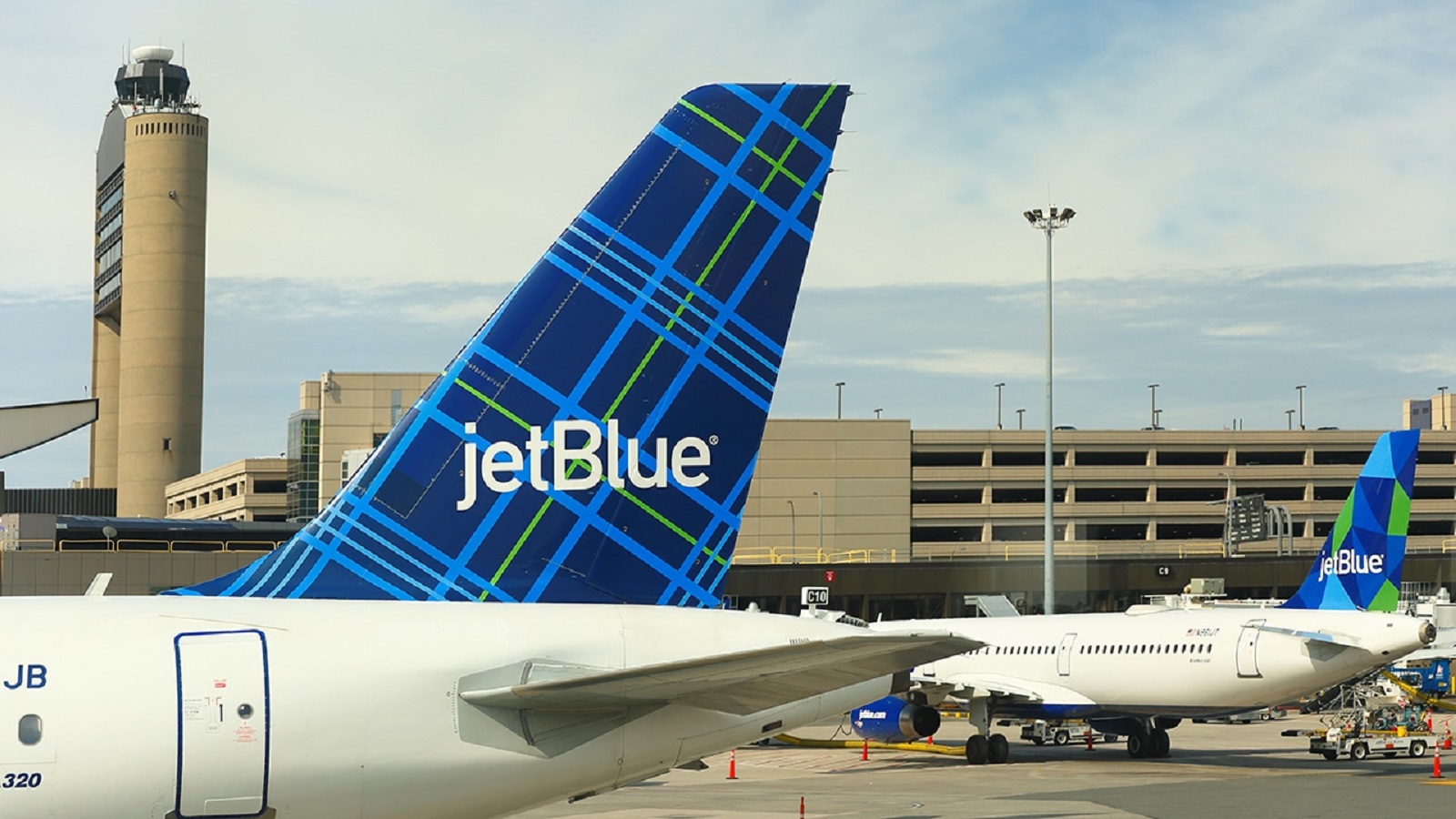
Despite being a higher-cost carrier compared to Spirit, JetBlue has maintained a competitive edge by offering low-cost services compared to larger airlines. Its entry into new routes has historically pressured major airlines to reduce their prices.
Attempt to Address Regulatory Concerns

In an effort to alleviate regulatory concerns, JetBlue had agreed to divest certain assets, including gates and slots at key airports in New York City, Boston, Newark, and Fort Lauderdale. However, these concessions were not sufficient to sway the court’s decision.
Broader Antitrust Initiative

The blocking of the JetBlue-Spirit merger aligns with the Biden administration’s broader strategy of intensifying antitrust enforcement. This approach aims to ensure fair competition and prevent market monopolies, although its effectiveness has seen mixed results in court.
Implications for American Travelers

The court’s decision to block the JetBlue-Spirit merger has substantial implications for American travelers, particularly those who rely on low-cost air travel. The ruling safeguards the competitive landscape, ensuring that budget-friendly options remain accessible.
Growth of Low-Cost Travel Market

This legal development comes at a time when the low-cost travel market is experiencing significant growth. Consumers increasingly seek affordable travel options, and airlines are responding by introducing more budget-friendly routes and services.
Biden’s New 401(k) Rule: Employers Frustrated as Retirement Planning Responsibilities Shift
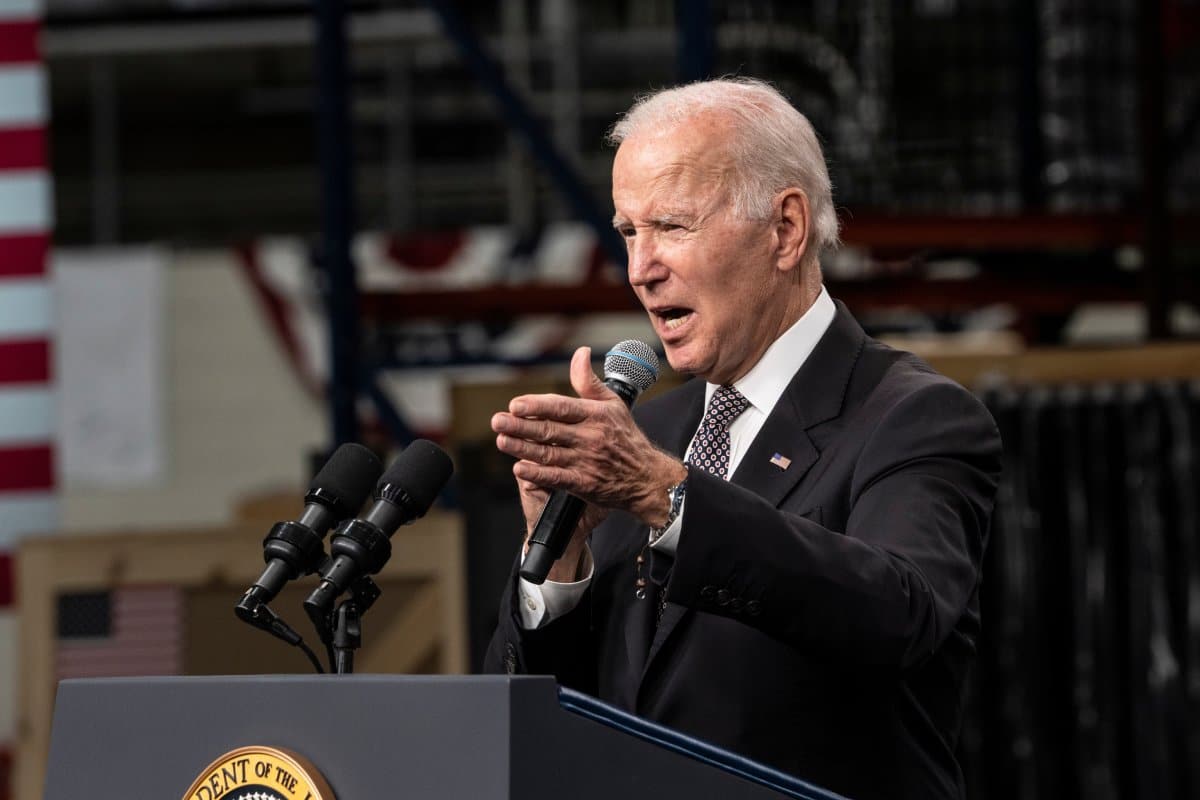
The latest Biden administration rule on 401(k) plans is reshaping how employers manage retirement plans. It’s a complex scenario requiring a fresh understanding of fiduciary duties and provider relationships. This rule aims to protect employees but also imposes new responsibilities on employers. Biden’s New 401(k) Rule: Employers Frustrated as Retirement Planning Responsibilities Shift
Elon Musk: New Immigration Bill ‘Enables Illegals to Vote’

Elon Musk is calling for prosecutions after the text for a new senate bill on immigration was released. Musk accused the new bill of “enabling illegals to vote.” Elon Musk: New Immigration Bill ‘Enables Illegals to Vote’
Colorado Officials Reject Sanctuary City Status, Warn Against ‘Dangerous Game’

With increasing numbers of migrants arriving in Colorado, public officials have rejected any notion of the state becoming a sanctuary for migrants and asylum seekers. Colorado Officials Reject Sanctuary City Status, Warn Against ‘Dangerous Game’
Disney Challenges DeSantis’ “Don’t Say Gay” Rule With a Hefty Lawsuit
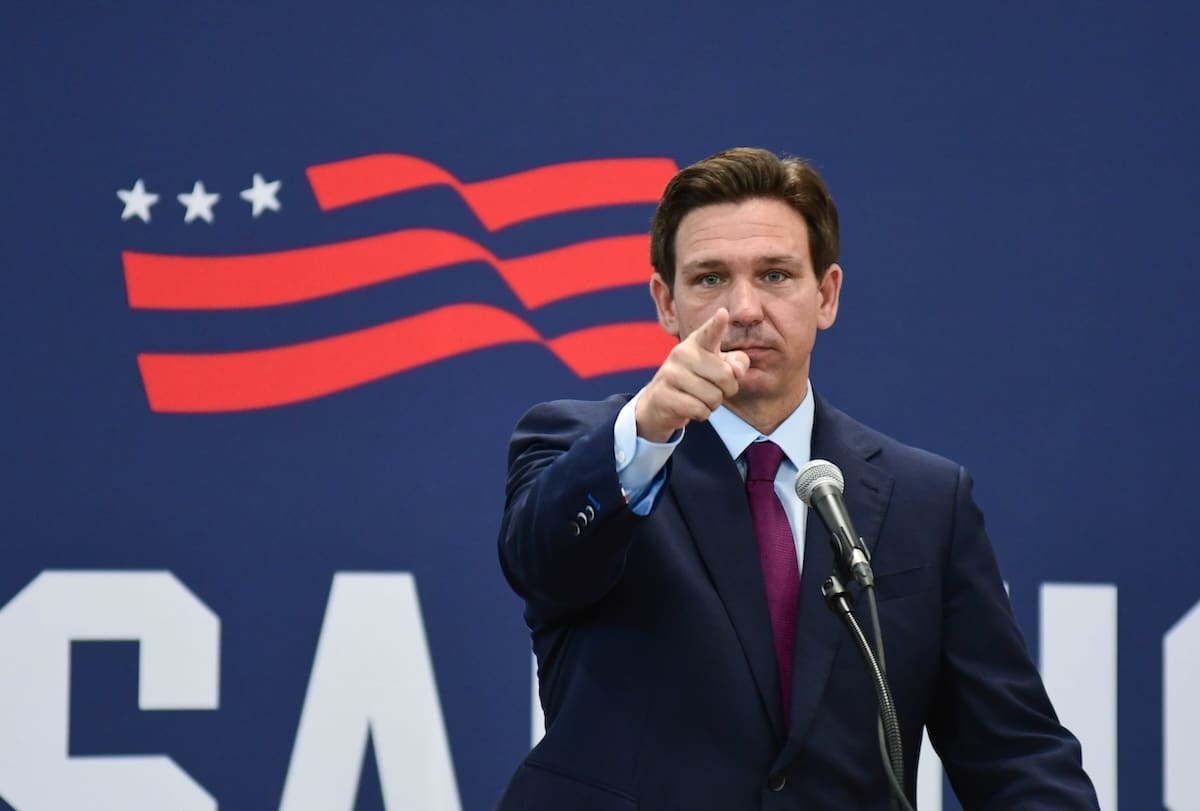
Disney is set to appeal its refusal for a lawsuit against Ron DeSantis, who stripped the company of its rights for disagreeing with the Governor’s views on the teaching of sexual orientation in classrooms. Disney Challenges DeSantis’ “Don’t Say Gay” Rule With a Hefty Lawsuit
Trump on the Attack as 21 Million Americans Flock to Obamacare, Biden Pushes Forward
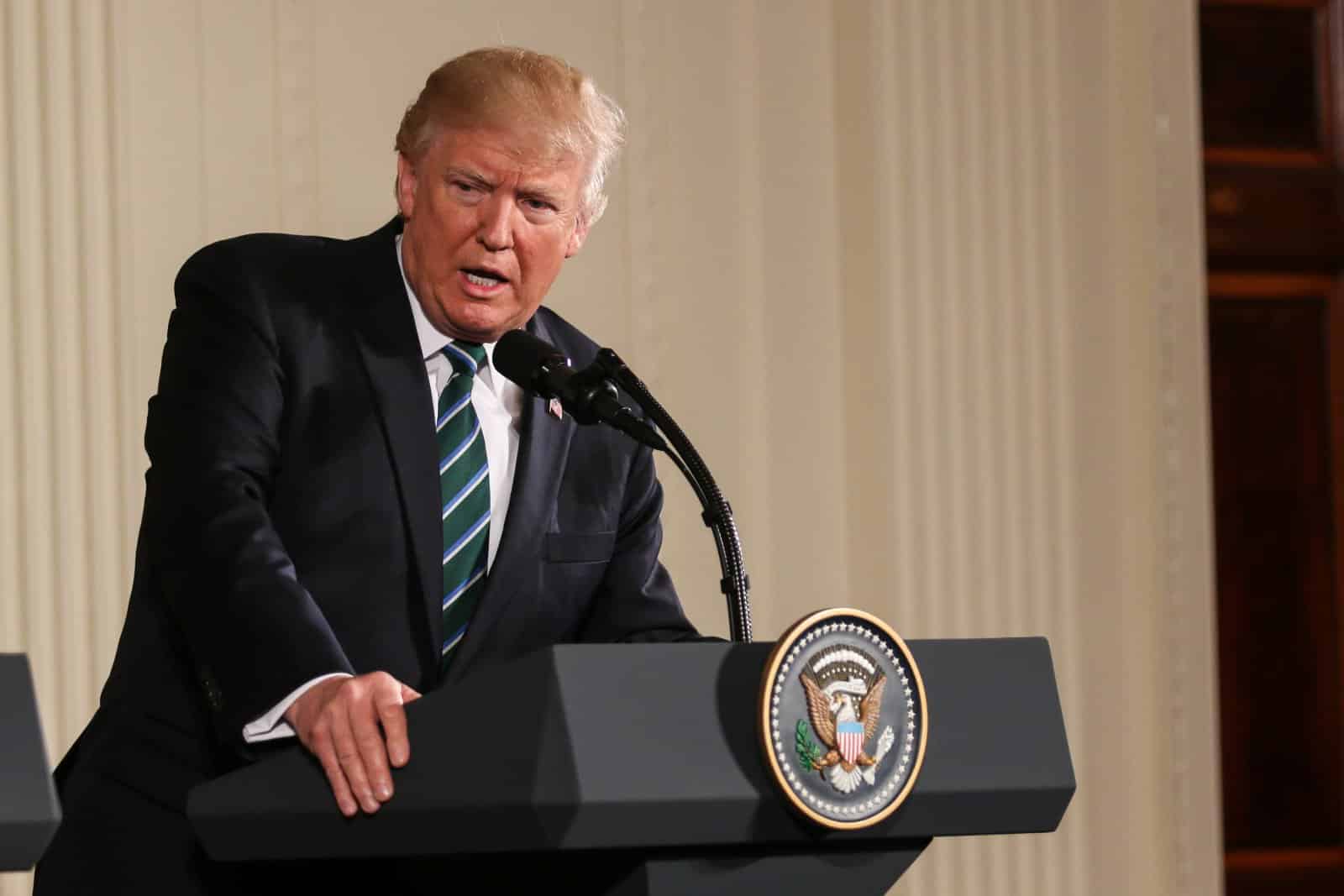
An unprecedented surge in health plan enrollments has reignited former President Donald Trump’s commitment to dismantling the program should he secure the GOP nomination once again. Trump on the Attack as 21 Million Americans Flock to Obamacare, Biden Pushes Forward
The post Low-Cost Travelers Rejoice: Federal Judge Axes JetBlue-Spirit Merger first appeared on From Frugal to Free.
Featured Image Credit: Shutterstock / Coby Wayne.
The content of this article is for informational purposes only and does not constitute or replace professional financial advice.
